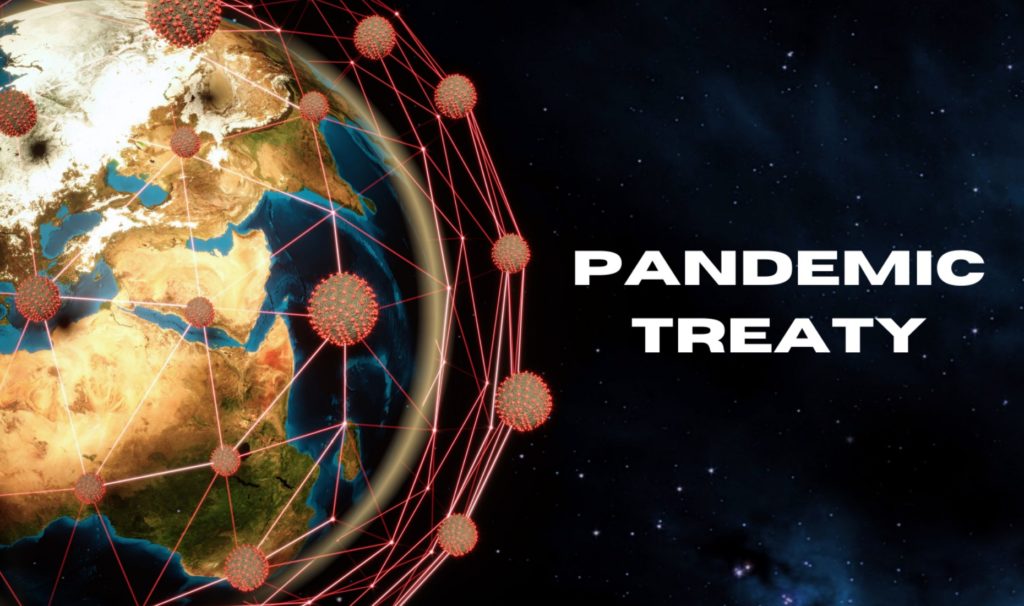Janet Phelan’s critique of the proposed pandemic treaty paints a dire picture, echoing themes reminiscent of Franz Kafka’s exploration of bureaucratic absurdity. In her assessment, the treaty is not only unnecessary but potentially dangerous, as it could lead to greater control over public health measures by authorities without adequate oversight or accountability. Phelan argues that this treaty, designed ostensibly for global health governance, may actually serve as a tool for more pervasive surveillance and authoritarian measures under the guise of pandemic preparedness.
Phelan, who has been investigating the biological weapons agenda since the beginning of the millennium, articulates her concerns in detail in her book, “At the Breaking Point of History: How Decades of US Duplicity Enabled the Pandemic.” This work, alongside her numerous articles that have appeared in independent media outlets, underscores her belief that government actions regarding public health often mask ulterior motives. She contends that a long history of deception has shaped the current landscape of public health and pandemic response, culminating in the proposed treaty that she views as fundamentally flawed.
With an educational background in journalism and experience in various media platforms, Phelan provides a unique perspective on these issues, having left mainstream journalism to focus on independent reporting. Her body of work, which includes significant analysis of past and present pandemics, builds a narrative that faults governmental institutions for their roles in the proliferation of biological threats rather than the protection of citizen health. By engaging with her audience through social media and patronage platforms, Phelan seeks to foster a community for those interested in unearthing the truths buried beneath official narratives.
The alarming assertion that “US Water Systems May Be Used for a WMD Attack” provides a grim lens through which to view the implications of the pandemic treaty. This claim raises questions about safeguarding public infrastructure against potential misuse. According to Phelan’s perspective, the negligence surrounding biological safety could lead to catastrophic consequences if powers intended for public health management are abused. The characterization of such measures as potentially weaponizable further emphasizes her call for caution and deep scrutiny of the treaty.
Phelan’s arguments emphasize the importance of public awareness and the critical evaluation of governmental initiatives related to health security. By leveraging her extensive knowledge and experience, she urges the public to question why such treaties are necessary and who ultimately benefits from these agreements. This focus on accountability and transparency serves as a rallying cry for those disillusioned with traditional power structures that wield significant influence over global health policymaking.
In conclusion, Janet Phelan’s call to nullify the pandemic treaty resonates with her broader advocacy for independent and critical examination of governmental actions concerning public health. As she navigates the complexities of this topic, her exploration reveals deep-seated concerns regarding surveillance, authority, and the manipulation of public health narratives potentially impacting civil liberties. Her ongoing efforts in journalism and activism reflect a commitment to challenging the status quo and compelling society to rethink its approach to pandemic preparedness and response.

